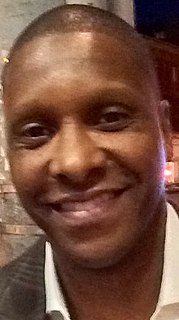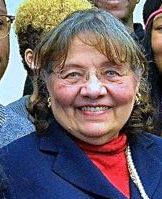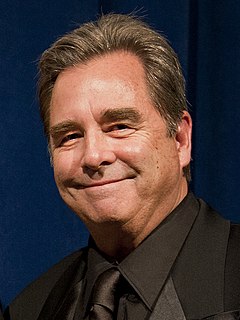A Quote by Ed Smith
Even during my youth, I can recall very few black people living on any kind of public assistance. People were working, doing some kind of job that was useful to the community.
Related Quotes
These events are swirling around them. In the white community, people felt like they had no control over their neighborhoods, their destiny. In the black community, centuries of government and economic forces were pushing on them. I went in with a kind of arrogance, maybe, that came from living in a very intellectual family, and I left knowing that there was a lot about the way people lived that I didn't know about.
Already, new forms of short-term and long-term rental housing are popping up in some metro areas. You can take on a house or apartment for a few months or even a year or two in developments that are striving to provide critical elements of community - schools, healthcare, social and cultural institutions - even for people who are living there only temporarily. People invested in a home, mortgage, or community are less likely to move to more economically vibrant locales. That kind of entrenchment is going to be an impediment to the coming spatial fix.
There was a Yale even before Larry [Kramer] and I got there, and there were three designations of students: "white shoe," "brown shoe," and "black shoe." "White shoe" people were kind of the ur-preppies from high-class backgrounds. "Brown shoe" people were kind of the high school student-council presidents who were snatched up and brushed up a little bit to be sent out into the world. "Black shoe" people were beyond the pale. They were chemistry majors and things like that.
I've always seen making movies as a bunch of little births and deaths. We come in. We don't know anybody or very few people that we work with, but the nature of the job pulls us into a sort of an intimate kind of relationship and communication and then they're gone and it's kind of melancholy. You miss that guy but then suddenly you're working with him again maybe somewhere.
I always collect images, maybe because I was working with historic material - but even if I were working with contemporary material, I would do the same thing. I keep a kind of index of them while I'm working. I find them incredibly useful, not so much to illustrate a time, but to give some sense of the feeling of a time.
Barry Crump wrote a lot of books and they were really special. They were kind of the quintessential, mild for the most part, kind of southern man, kind of the true heart of what it meant to be a Kiwi kind of farmer; very kind of outdoor man living off the land. That kind of thing, you don't see so much anymore these days with everyone being metrosexual and lattes and laptops.


































